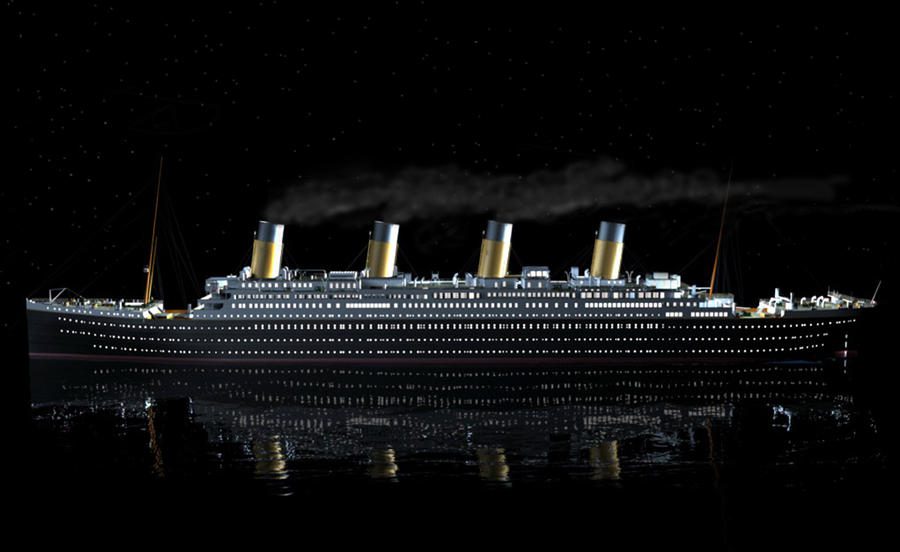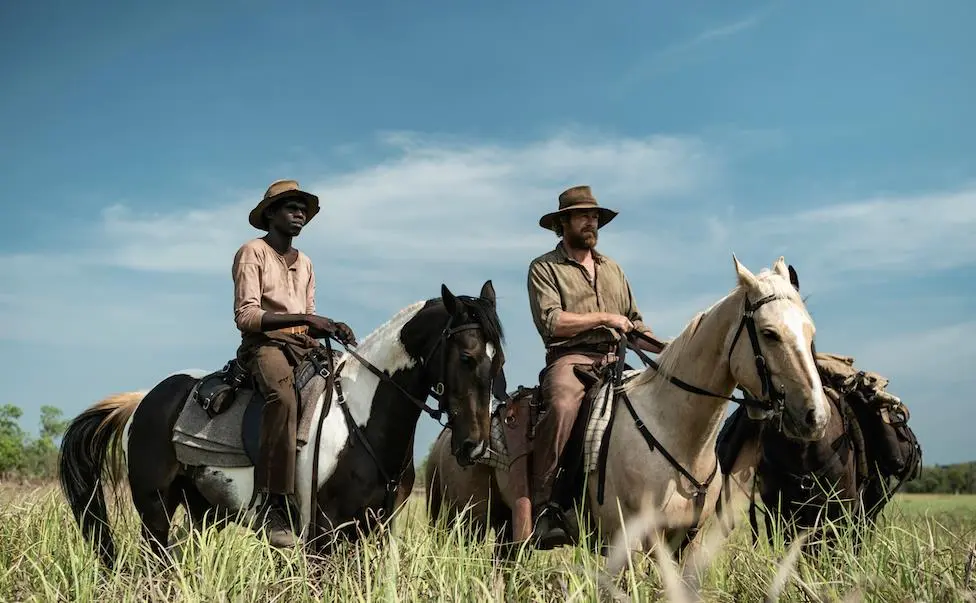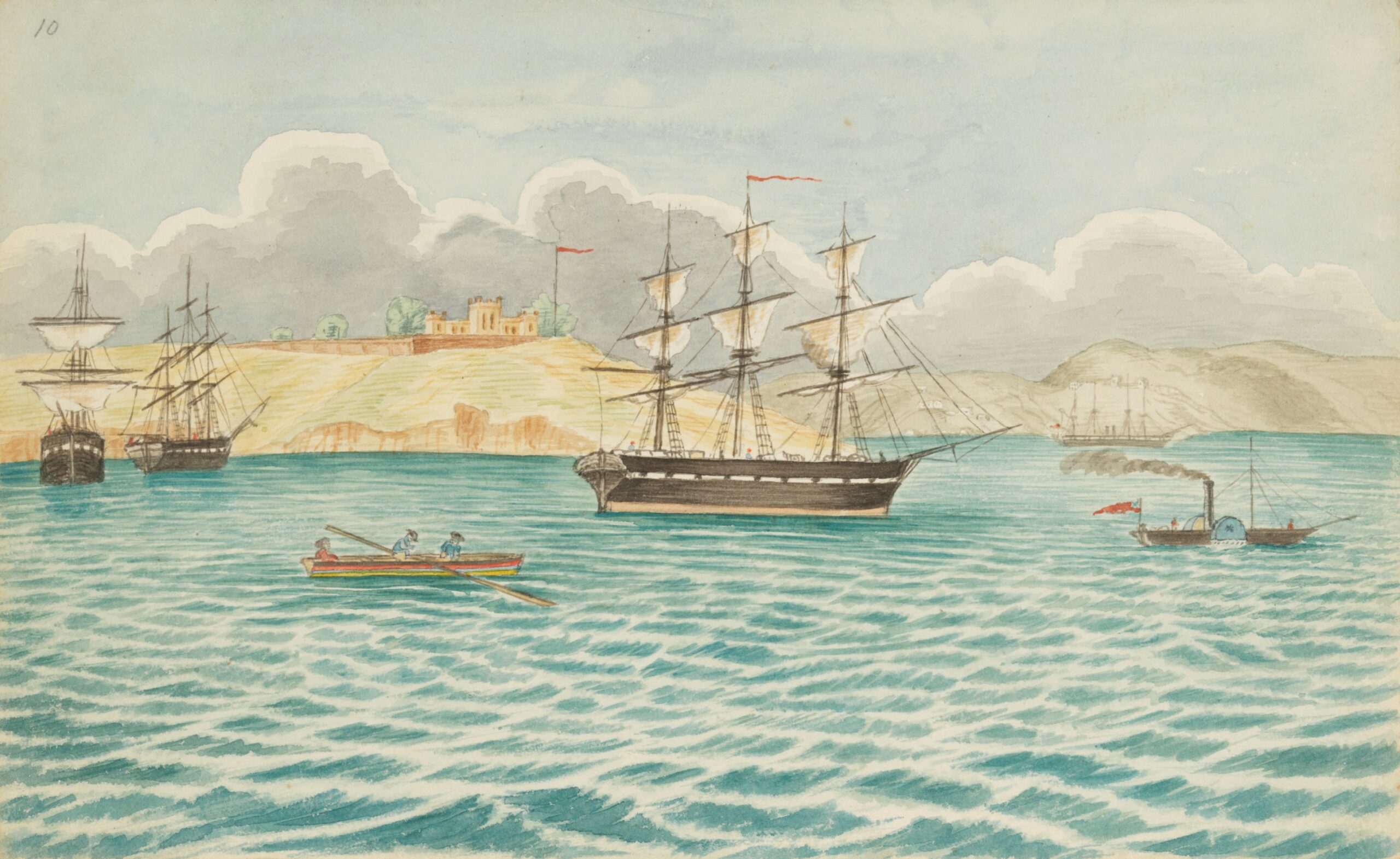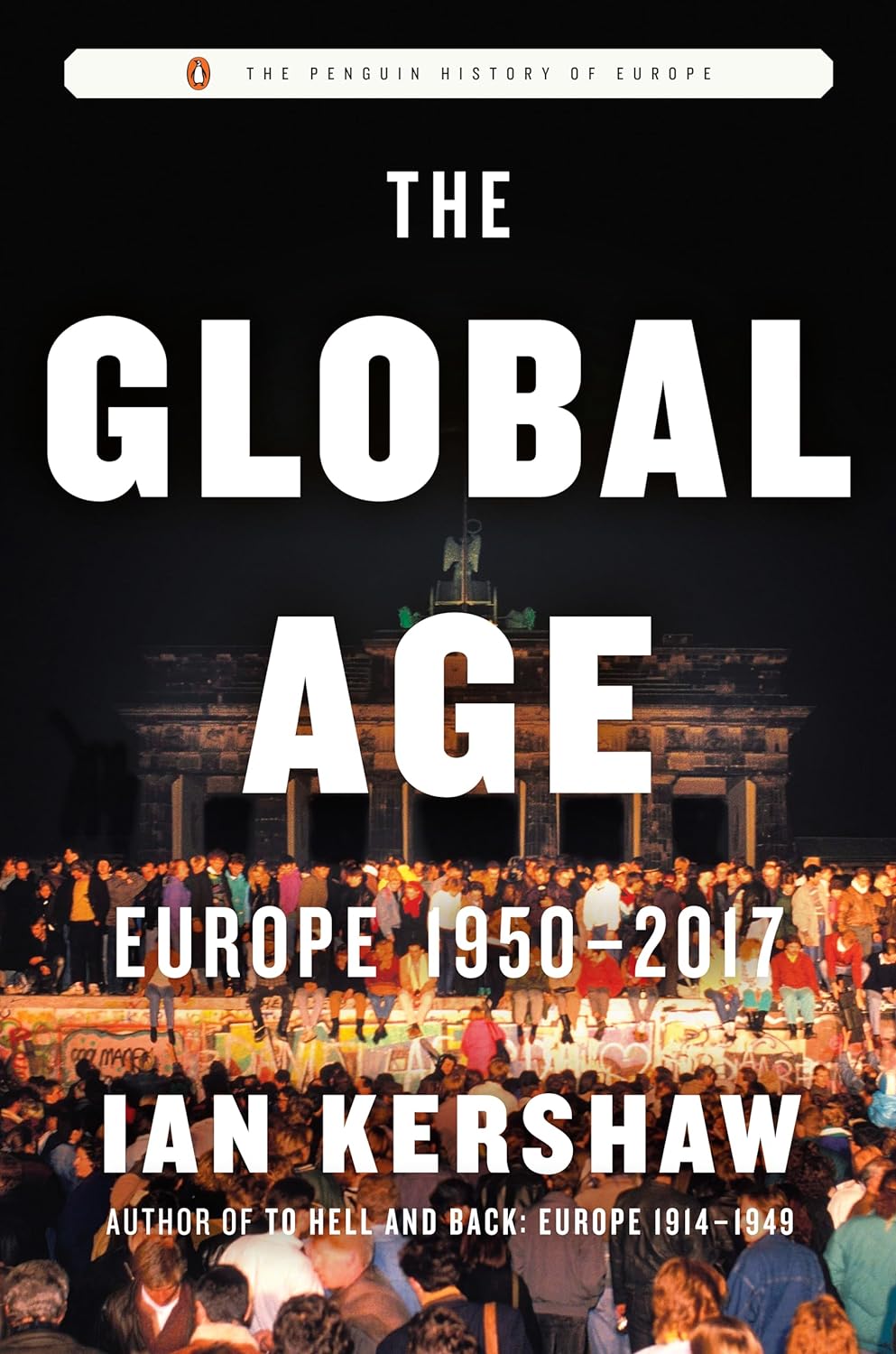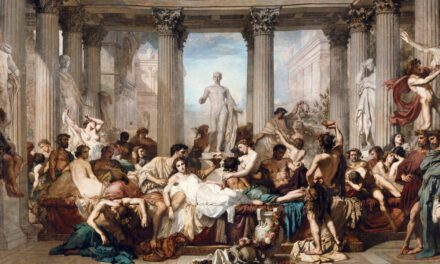Reading time: 9 minutes
It’s often said that predicting the future is like betting against God.
Despite this, humans have always loved to try and predict the future -whether it’s dismissing new technology or predicting the end of the world, throughout history there have been some interesting predictions made.
Some have been correct. Most have not.
And then there are those predictions that are so spectacularly wrong they make you laugh. Collating some of the worst predictions throughout history, here’s the most interesting, the most incorrect, and the most ironic.
By Mark McKenzie
1. Nikita Khrushchev Announces “We Will Bury You”
In 1956 during the height of the Cold War, Soviet Premier Nikita Khrushchev famously declared, “Whether you like it or not, history is on our side. We will bury you!” directed at the West and capitalism in general.
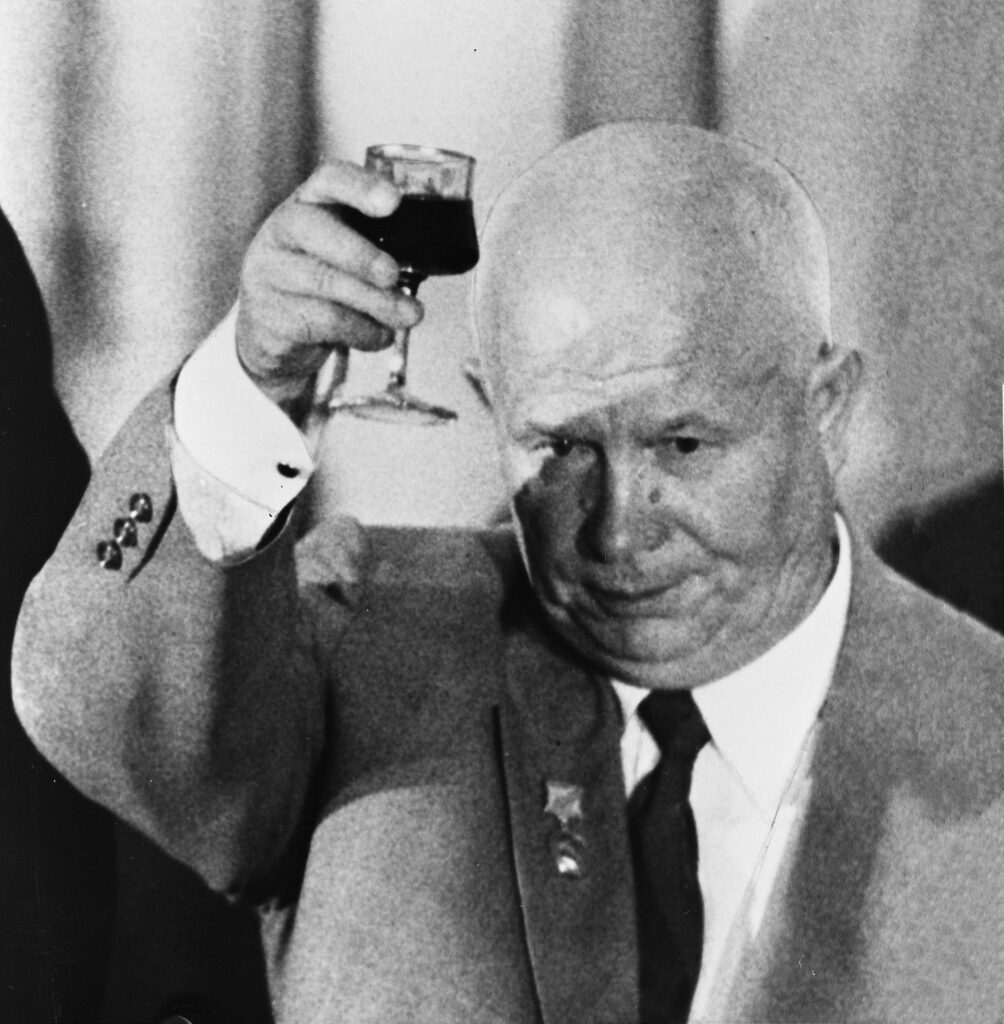
Spoken during a reception at the Polish embassy in Moscow, Khrushchev clearly demonstrated confidence that communism, and specifically the Soviet Union, would ultimately prevail over Western capitalism.
Just a few decades later in 1991, the Soviet Union would collapse, while the West remained.
Economic stagnation, political corruption, and the unsustainable arms race between Russia and the US eventually led to the Soviet Union’s collapse, and in hindsight, Khrushchev’s bold prediction didn’t age well at all.
2. “Mr. President, you can’t say that Dallas doesn’t love you” – Nellie Connally
Everyone knows about the assassination of President John F. Kennedy in 1963.
What is less well known is what Nellie Connally, the First Lady of Texas, said to the President as they rode through Dallas in an open-top limousine: “Mr. President, you can’t say that Dallas doesn’t love you.”
Only a few hours later Kennedy would be assassinated by Lee Harvey Oswald while driving in the very same car on the very same streets of Texas.
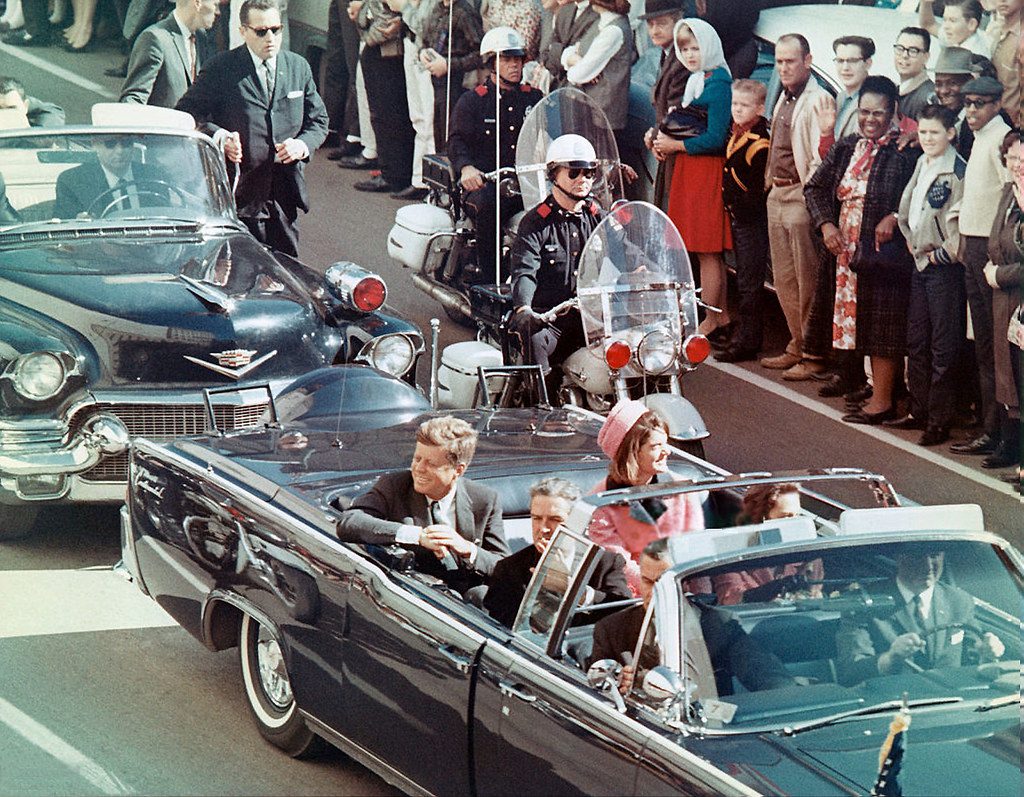
Of course not quite a “prediction”, Connally’s statement would almost immediately be contradicted by the assassination of the president – the last American President to be assassinated.
3. “I cannot conceive of any vital disaster happening to this vessel. Modern shipbuilding has gone beyond that.” – Captain Smith of the Titanic
The story of the Titanic is infamous, only made more popular by the James Cameron movie of the event.
Multiple people involved with the ship proclaimed it unsinkable prior to its terrible voyage, however, the words of its Captain Edward Smith may be in retrospect the worst of any the predictions made.
Expressing his great confidence in the Titanic’s unsinkability, Smith famously stated that he “cannot conceive of any vital disaster happening to this vessel. Modern shipbuilding has gone beyond that.”
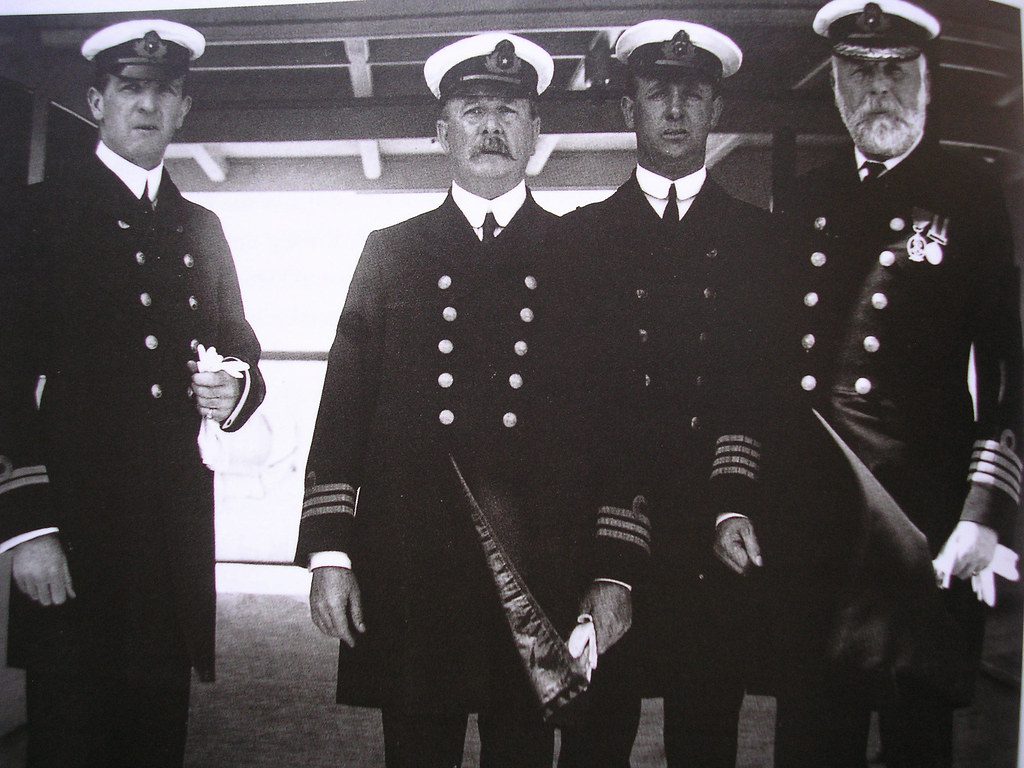
Though not the only one to claim the ship unsinkable, Smith’s words were some of the most adamant. Not only did Smith claim the ship unsinkable – he specified that no disaster at all would happen.
Only a few weeks later, the Titanic would hit an iceberg on its maiden voyage in April 1912 and sink, resulting in the deaths of over 1,500 passengers and crew.
4. Roman Philosopher Seneca Predicts the Water Mill Will Have Little Impact on the Economy
Roman philosopher Seneca, in his “Epistulae Morales ad Lucilium,” expressed scepticism about the significance of technological advancements like the water mill.

Modern historians of the Roman Empire now see the water mill as one of the most significant economic and social developments in all of Rome and into the Medieval period.
Seneca specifically stated that such inventions would have a minimal impact on the economy and society, the two key areas that the water mill would affect the most, revolutionising agricultural production and industrial processes.
This occurred both during the Roman Empire, with water mills greatly increasing efficiency in grinding grain, sawing wood, and other tasks, as well as for almost a century after, contributing to economic growth and the development of towns and cities.
5. Spanish Advisors Predict That Columbus’ Voyage is Pointless
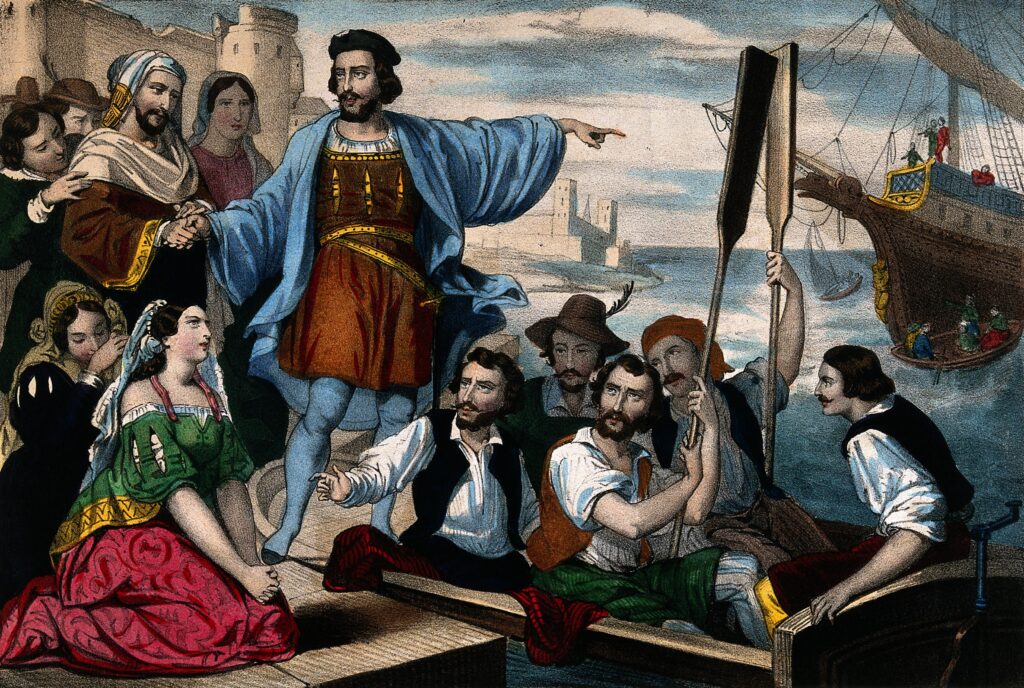
The voyage of Christopher Columbus that discovered the Americas is often seen as one of the most pivotal moments in European and world history. Yet it almost didn’t happen.
In order to fund his voyage, Columbus appealed his case of a proposed westward voyage to find a new route to Asia to the Spanish crown.
During his appeal, many of the key Spanish advisors to King Ferdinand and Queen Isabella dismissed the idea as futile and dangerous, reportedly stating that “So many centuries after the Creation, it is unlikely that anyone could find hitherto unknown lands of any value”, though the specific quote is disputed.
Luckily for Columbus, the Spanish crown would not risk another nation funding the trip, and granted the voyage their blessing and funding – kickstarting the age of discovery in 1492.
The voyage had an indescribable impact on world history, and the advisor’s prediction couldn’t have been proven more wrong.
6. “There is nothing new to be discovered in physics now; All that remains is more and more precise measurement.” – Lord Kelvin in 1900
At the turn of the 20th century, the world had already seen the age of enlightenment grow into the great scientific revolution. Many would think that surely, there more to be discovered?
Not Lord Kelvin.
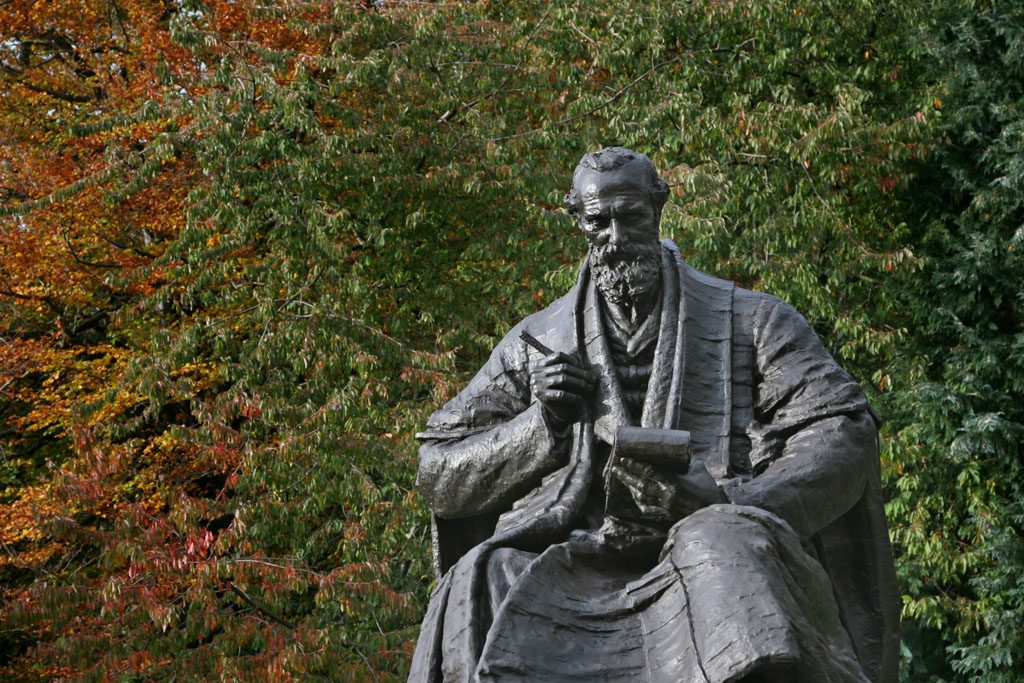
A renowned physicist of the time, Lord Kelvin proclaimed in 1900 that “There is nothing new to be discovered in physics now; all that remains is more and more precise measurement.”
While Kelvin was not the only one in the scientific community to hold such a view, given how many major principles of physics had been uncovered, his words would be remembered as one of the worst predictions of history.
Within a few short years, groundbreaking developments such as Albert Einstein’s theories of relativity and the advent of quantum mechanics fundamentally transformed our understanding of the physical world.
From concepts of the curvature of spacetime to the probabilistic nature of particles, the world of physics was alive with new and exciting discoveries that not only disproved Lord Kelvin in their own right, but showed us just how little we had actually discovered
7. “Four or five frigates will do the business without any military force.” – British Prime Minister Lord North, on dealing with the rebellious American colonies, 1774.
Now the world’s greatest superpower, the USA was once a disparate group of British colonies in North America.
Who knew they would one day dominate the world? Certainly not British PM Lord North.
In 1774, Prime Minister Lord North confidently asserted that “four or five frigates will do the business without any military force” in dealing with the rebellious American colonies.
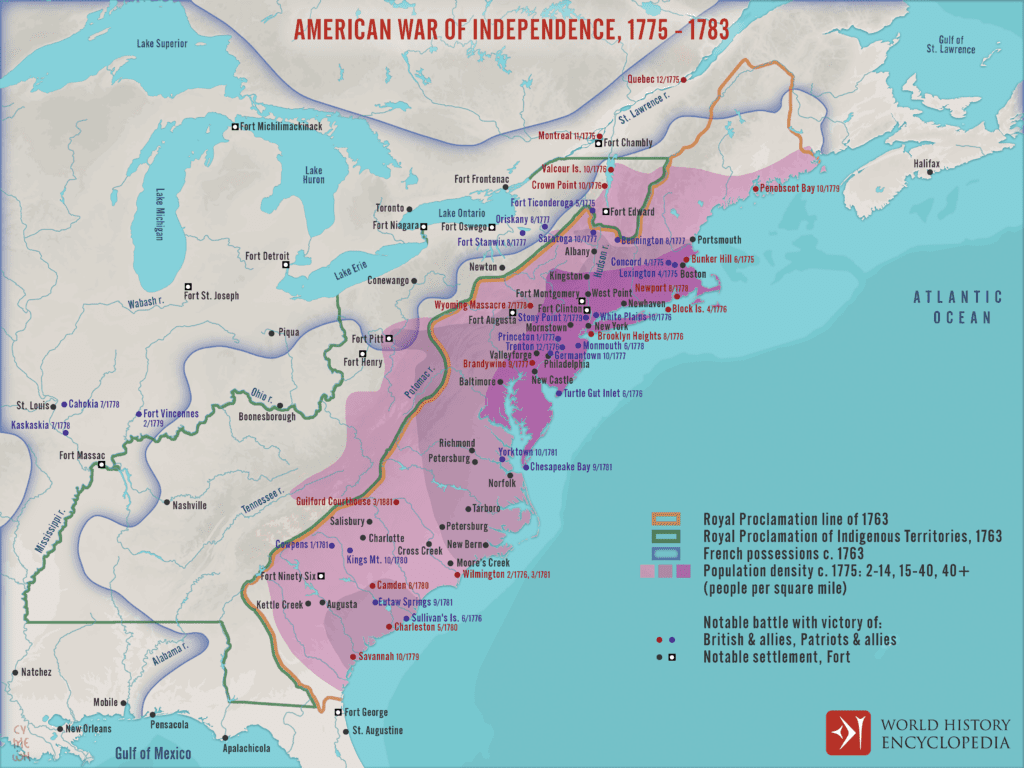
He, along with most of his government in all fairness, believed that a small naval presence would be enough to suppress unrest and maintain British control.
He was, of course, very, very wrong.
Beginning just a year later in 1775, the American Revolution quickly turned into a full-scale war that lasted until 1783, eventually leading to the USA achieving independence. Four or five frigates were absolutely not enough to “do the business”.
8. “They couldn’t hit an elephant at this distance.” – General John Sedgwick, Moments Before Being Shot
In a prediction that was instantaneously proved wrong during the Battle of Spotsylvania Court House in 1864, Union General John Sedgwick attempted to rally his troops in the face of Confederate sharpshooters by saying, ‘They couldn’t hit an elephant at this distance.’
Moments later, a Confederate sniper’s bullet hit and killed Sedgwick.
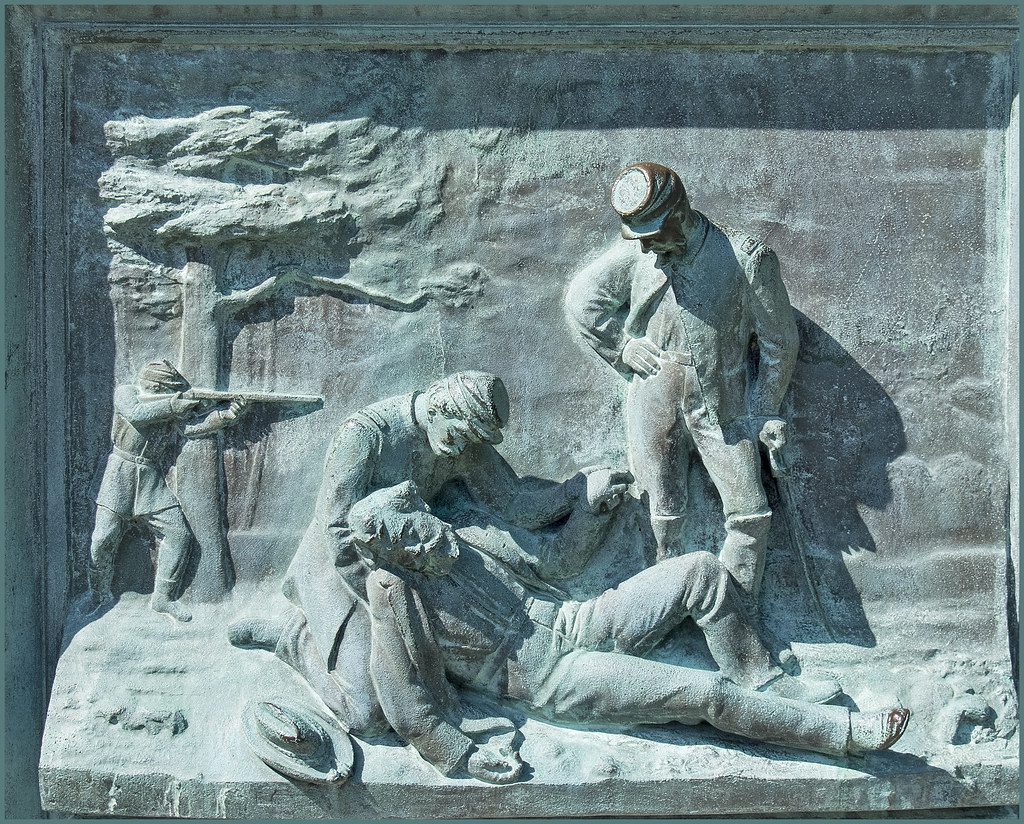
What was meant as a morale-boosting amusing remark would instead be Sedgwick’s last words and a potent reminder to never underestimate the enemy.
Overconfident Predictions Often Backfire
There are many other examples of awfully wrong predictions across history, not to mention the hundreds of doomsday or apocalypse predictions that have now passed their “end-of-the-world” date.
The majority of the predictions appear to almost tempt fate, claiming technology to be absolutely infallible or an event to be completely impossible, only for the opposite to come true, sometimes almost immediately!
Podcast episodes about historical predictions
Articles you may also like
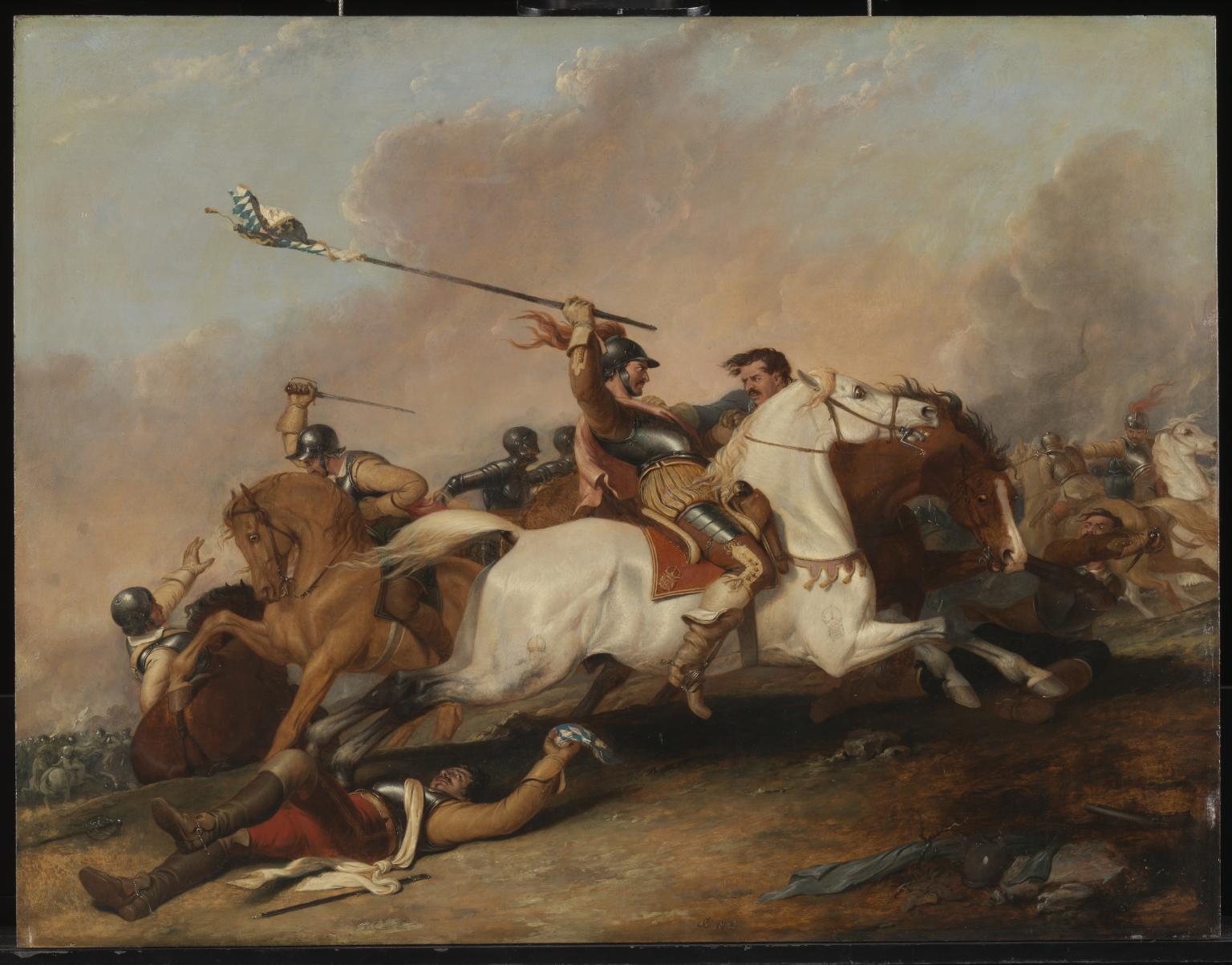
General History Quiz 129
1. When was the ‘New Model Army’ created?
Try the full 10 question quiz.
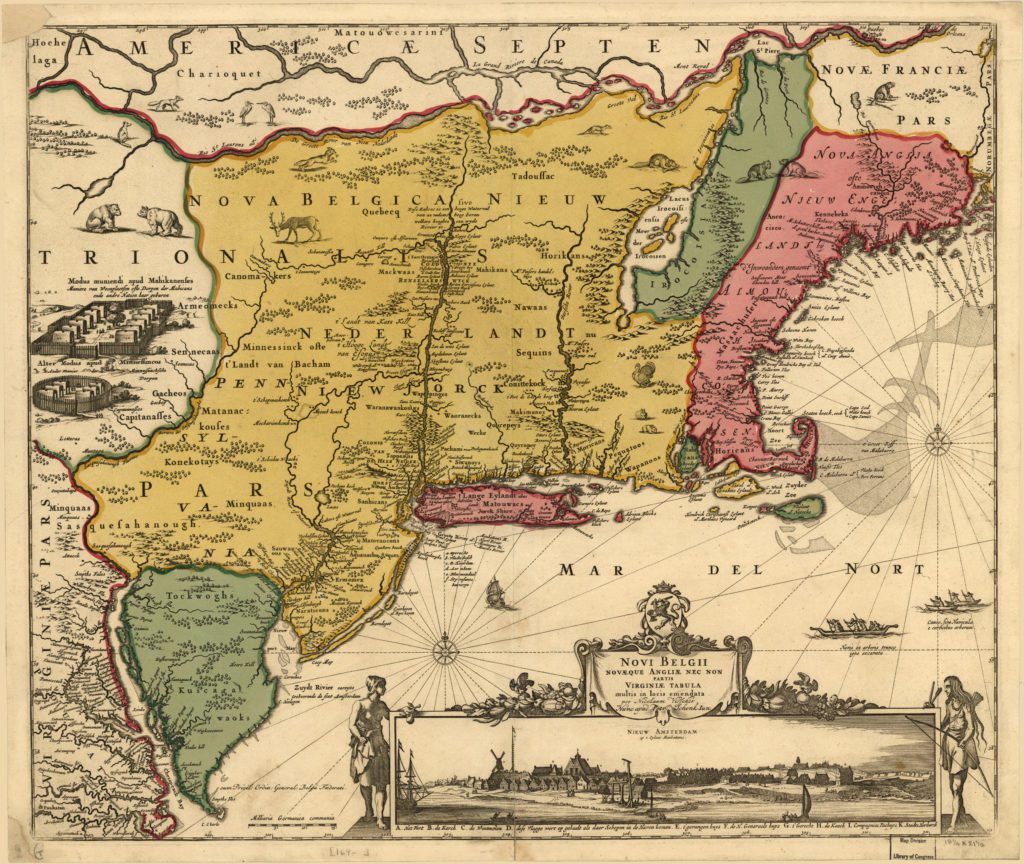
History of New England, 1630-1649 – Audiobook
HISTORY OF NEW ENGLAND, 1630-1649 – AUDIOBOOK By John Winthrop (1587 – 1649) John Winthrop served as governor of the Massachusetts Bay colony for several years. His History of New England, 1630-1649 details life in the colony and narrates several controversies that arose within the plantation. Examples include the excommunication of Anne Hutchinson and a civil […]
The text of this article was commissioned by History Guild as part of our work to improve historical literacy. If you would like to reproduce it please get in touch via this form.

